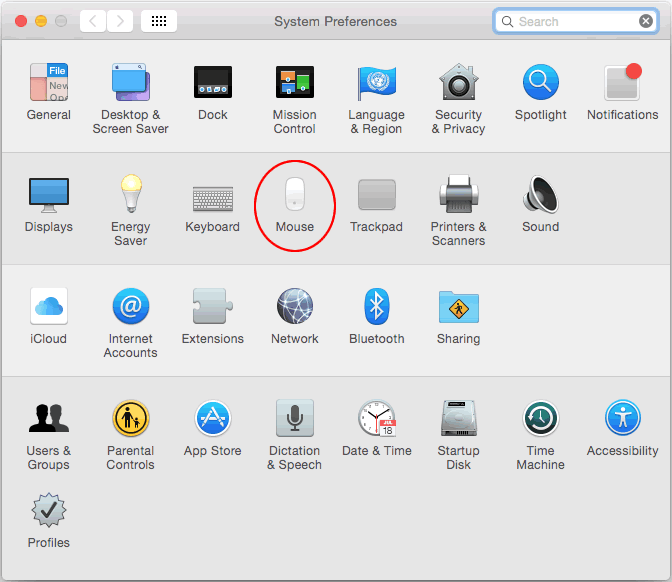

“It’s our responsibility to ensure that we don’t allow people to use PayPal or Venmo to advocate for violence or hatred or racial intolerance,” he said.Īnti-hate groups, including Change the Terms and the Anti-Defamation League, have increased the pressure up and down the stack.īut hidden forces, including governments, hackers and often business considerations, can be what drives tech companies to act, says Eric Goldman, a law professor at Santa Clara University. “There’s no way for major consumer brands like PayPal to stay fully out of the culture wars,” says PayPal CEO Dan Schulman, adding that the company, which also owns Venmo, removes from service hundreds of websites and individuals each month for a variety of reasons. (Evelyn Hockstein/For The Washington Post) No longer just conduits for data, many of these companies became reluctant police officers.īen, a 21-year-old Ku Klux Klan member, in Emancipation Park before the “Unite the Right” rally in Charlottesville in 2017. When platforms such as Facebook at the top of the stack were slow to act, pressure shifted down to critical service companies such as GoDaddy and WordPress to shut white supremacist websites, fundraising systems and chat forums. A pivotal moment came after the 2017 “Unite the Right” rally in Charlottesville. That provides them with a legal shield, with a few exceptions such as sex trafficking, but also gives companies the right to police content as they see fit.Īs more of the Internet permeated our lives, so has the expectation that tech companies share a responsibility for content that’s akin to food companies’ responsibility for public health.

Yet tech companies have long made these kinds of calls, dating back to efforts to thwart child exploitation and police people who pirate music and movies.Ī law known as Section 230 of the 1996 Communications Decency Act says “interactive computer services” - companies up and down the stack - cannot be held legally responsible for what others use their services to say. Apple’s App Store, for example, is the only way you can buy apps for iPhones and iPads. In some slices of the stack, a small number of companies have inordinate influence. It’s a lot of power to put into the hands of tech executives who aren’t elected or don’t necessarily have experience weighing what’s right for society. (Amazon CEO Jeff Bezos owns The Washington Post.) Parler, supported financially by major Trump backer Rebekah Mercer, called the moves part of a “coordinated effort” to silence Trump and his supporters. App stores run by Apple and Google kicked out Parler, too, effectively kneecapping the platform. Amazon Web Services - which provides the cloud-computing power that keeps many apps and websites running - ended its contract with social network Parler for having too many violent posts and insufficient moderation. Typically unseen parts of the stack flexed their power after the Capitol riot. Online hate and disinformation spread because an entire ecosystem supports them, she said, and the rest of the stack has to step up to break the circuit. Joan Donovan, research director at Harvard University’s Shorenstein Center, proposed this view of the Internet’s gatekeepers after deadly shootings in 2019 that germinated on a message board called 8chan.


 0 kommentar(er)
0 kommentar(er)
